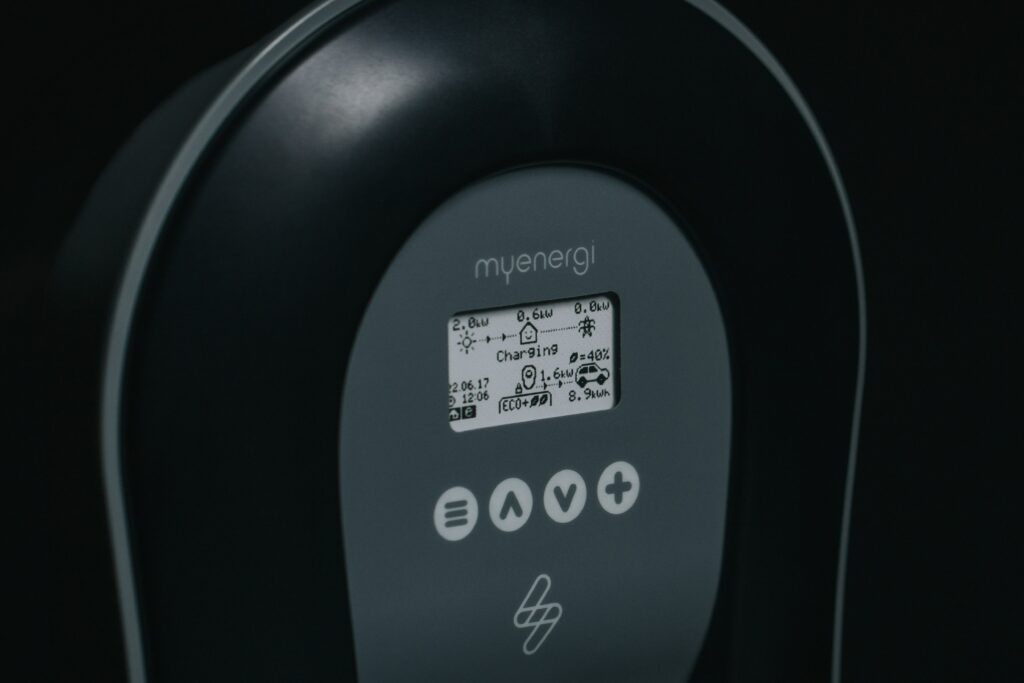Electric vehicle (EV) drivers may be costing themselves £1,000 in the long run by failing to install solar-compatible chargepoints, home tech manufacturer myenergi has warned.
As domestic solar installation rates continue to rise – rates in 2022 tripled to those in 2021 – myenergi has called for UK households to seriously consider installing EV chargers that integrate with solar generation, to maximise future savings.
“While there are a number of excellent products available to specify, we believe that consumers should be thinking about the future. Charging your EV with mains electricity is typical today, but with decentralised domestic energy generation becoming ever-more commonplace across the UK, drivers should specify a device compatible with renewables to prevent buying twice,” said head of corporate communications at myenergi, Tom Callo.
“At myenergi, we believe that any EV driver who either has solar panels – or has the opportunity to install them in the future – should invest in a solar-compatible charger. With ongoing concerns around the rising cost of energy, taking advantage of solar power to keep costs down has become a hugely desirable option.
“Any EV driver installing a non-compatible device may come to regret their choice, as they will need to replace it if they choose to invest in renewables. Car manufacturers and leasing companies that are recommending non-solar chargers should therefore be making it clear that these chargers will not necessarily be future-proof for many.”
Research commissioned by intelligent power management company Eaton in December 2022, showed that pairing bidirectional EV chargers with clean energy assets, such as solar panels, could save the average homeowner £1,000 a year.
A number of chargepoint developers have begun utilising solar generated electricity to power their products and maximise consumer cost reduction across both domestic and non-domestic charging.
In 2020, GRIDSERVE opened the Braintree Electric Forecourt in Essex, which uses energy generated by both the solar canopies above the chargers and a network of hybrid solar farms operated by GRIDSERVE, including the UK’s first subsidy-free solar farm, Clay Hill.
October last year also saw RAW Charging secure an agreement with SolarBotanic Trees to install 200 co-branded solar trees as part of its EV charging network for commercial vehicles in the UK and Europe.
As a result of a collaboration with EO Charging, Viridan Solar was also able to combine solar power with EV chargepoints in November 2022 with its Clearline EV charging unit, which is powered by built-in solar power.
Increasing the use of solar generated electricity to power EV chargepoints helps to tackle concerns surrounding energy supply for EVs and is bolstering support for solar’s integration into this market.





